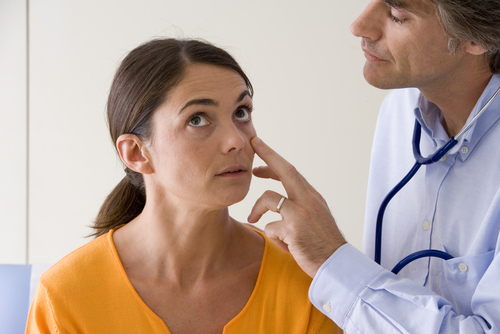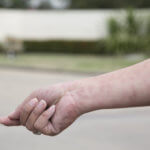
Our vital functions are controlled by a complex system comprised of our autonomous nervous system and the neurovegetative nuclei that are placed in our brain stem. The central control of our vital functions allows our body to function as a whole and in harmony. Among other things, these centers control our heart rate, our breathing rate, our blood pressure, our pupil diameter, our sugar blood levels and our general state of sleepiness or consciousness.
An autonomous nerve connects our brain stem with our heart, more specifically with a nucleus of neurons known as the sinus node. This node distributes the signals through our heart so it beats at a certain pace according to the instructions received by the central controls. The normal heartbeat is around sixty to eighty beats per minute. When the heart rate is higher, over a hundred beats per minute, it is called tachycardia; sinus tachycardia is caused by fast signals sent by the sinus node.
1. Anemia
Anemia is a blood condition that could be caused by a variety of factors, from poor nutrition and iron deficiency to genetic or hereditary diseases. Specifically, what is known as anemia is a low count of red cells in your blood. Red cells are responsible for carrying the oxygen and the carbon dioxide across your body. They transport the oxygen from your lungs to your cells, and then take the carbon dioxide that those cells produce as metabolic waste and transport it to the lungs to be released into the air.
When we don’t have enough blood cells to carry all the oxygen that cells need, our body can do some things to compensate for that lack of erythrocytes (the medical name of your red blood cells). One of them is accelerating the rate at which your heart beats, which increases the circulation of blood in your body.


